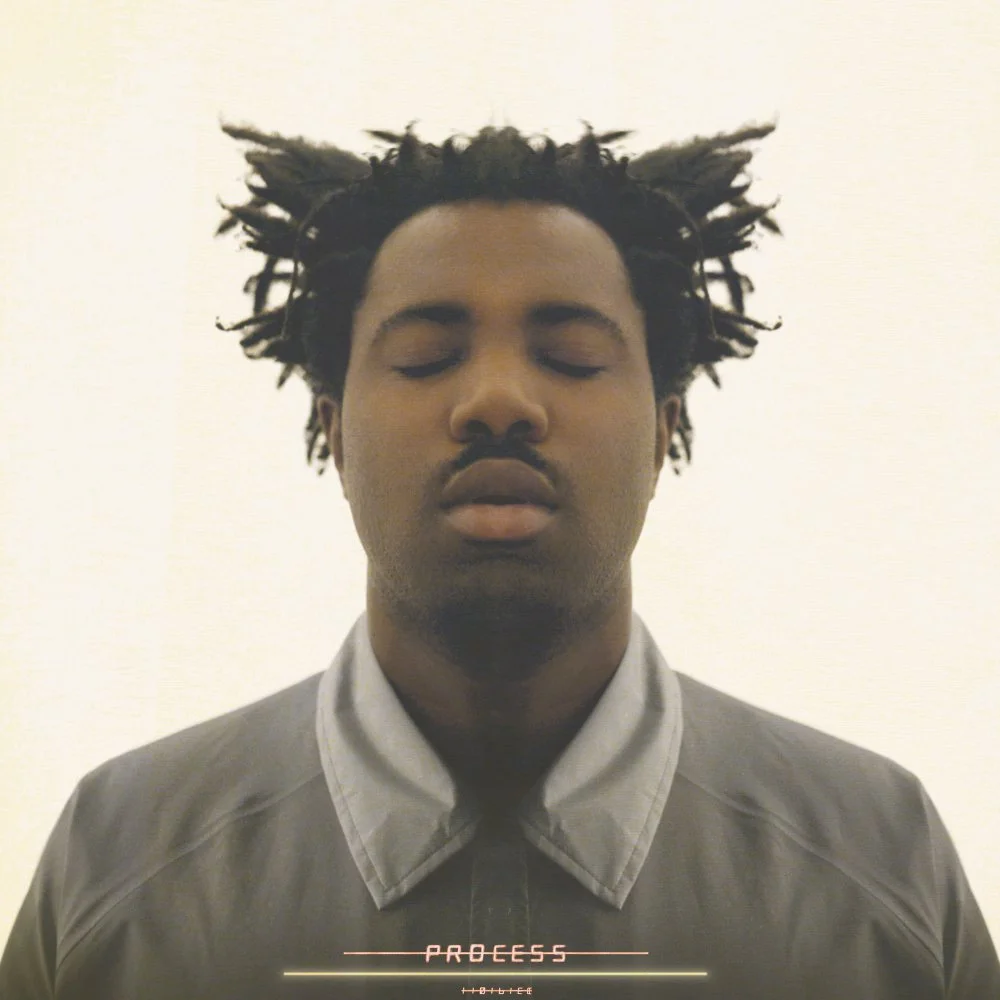Early talk of Drake’s More Life project offered the public no refuge from the nuisance of semantics, which confronts us daily with such annoyances as “alternative facts” where matters of legitimate constitutional and socio-economic interpretations didn’t already have us preoccupied. The predicament: if an artist assembles a compilation of new music, does it constitute an album? Drake disagrees, categorizing More Life as a “playlist” as opposed to a mixtape or LP. But More Life bears more of the eschewed categories’ qualities than Drake gives credit. Like an album, More Life consists completely of new material and establishes a tone and ambience in the ways of a mixtape (at least as those of the Reagan-era understood mixtapes). But granting Drake his agency to categorize his work, More Life still falls short of his grandiose promise to “provide a soundtrack to your life.” He provides us instead with a calculatedly mood-setting compilation bookended by shows of his mastery.
More Life suggests itself to be a platform for Drake to further exercise his fascination with dancehall and trap, as well as his longstanding love of Timbaland and Aaliyah. At its worst, it comes off as a collection of Views’ B-sides, but it succeeds in its moments of strong likeness to Drake’s OVO Sound Radio show (Apple Music). The collection is masterfully curated with consistent tone and easy transitions, while DJ monologues between various songs fortify the radio show aesthetic. As always, Drake’s rapping is tight and well-paced, but with such a lengthy release (clocking in at one hour and 22 minutes), he runs the risk of exhausting his limited but profitable subject matter.
On many songs on More Life, including “Get It Together,” “Madiba Riddim,” and “Blem,” Drake conveys his tried and true sentiment that love is hard without expanding upon that sentiment in new ways. The repurposed Stevie Wonder harmonica solo previously featured of “Doing It Wrong” (Take Care, 2011) deals a near fatal blow in regards to giving the album a recycled and unthoughtful feel. But More Life navigates past this with the single “Passionfruit,” a delicate dancehall-inspired R&B song built upon bouncy steel drums and synths. The sequence speaks to overall dynamic of More Life, passé at times but not for periods long enough to make us forget how Drake ascended into a position that would grant him the agency to release a “playlist.”
The most memorable moments of More Life are Drake’s skillful collaborative plays and his returns to his vintage introspection. Closing song “Do Not Disturb” evokes Drake’s mixtape heyday and his Thank Me Later/Take Care “tough-guy-feels-too” persona. The raps on the track are genuinely retrospective, lacing sentimentally provocative tales of fake Chanel gift-giving over a percussion-incessant R&B instrumental. Drake demonstrates a newly expanded music worldview with contributions from South African producer/DJ Black Coffee and British grime artist Giggs. He and Kanye’s interlocking verse on “Glow” yield hip-hop braggadocio gold and Young Thug delivers a flow-perfect verse on “Sacrifices” and radio-ready chorus and ad libs on “Ice Melts.”
Taken as a work intended for establishing ambience, both casual listeners and dedicated fans of Drake will find More Life as more than enough to sustain them until his next release. Though Drake’s classification of More Life as a playlist forces us to consider it separately from the studio albums comprising his catalog, it is hard to deny that Drake has logged another win for himself in releasing a compilation that meets his purpose of providing listeners an experience that pairs well with the many swings of life, from the mundane to the exceedingly hyped.




















